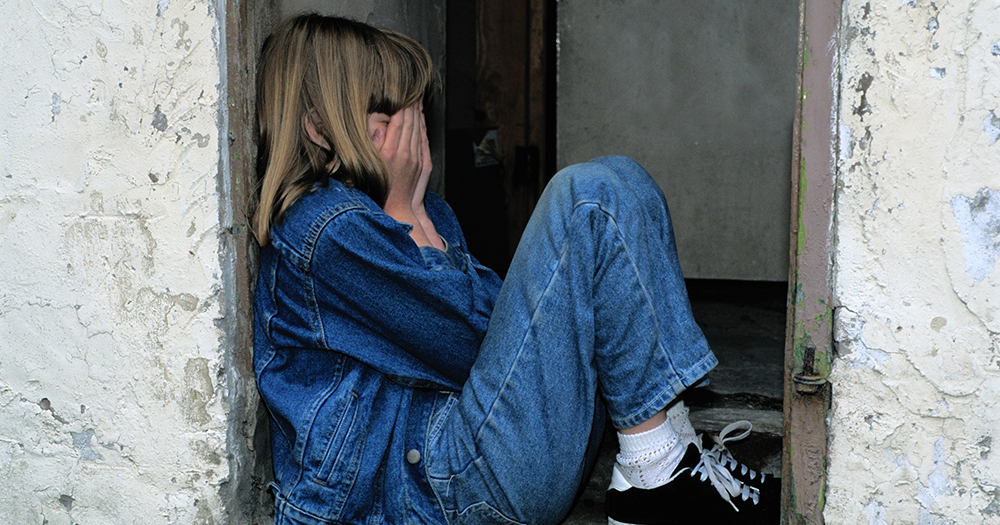The Irish Human Rights and Equality Commission (IHREC) has warned the State of “dangerous levels of bullying” being experienced by children at school, in other youth settings and online. In a statement published on Thursday, September 1, as back-to-school season is in full swing, the Commission also called on the Irish government to immediately set a clear timeline for the publication and implementation of the new ‘Action Plan on Bullying and Cyberbullying’.
The IRHEC notes that due to current anti-bullying policies lacking an intersectional approach, there are high rates of identity-based bullying experienced by children from ethnic minorities, the LGBTQ+ community, and children with disabilities. It has been described by the group as “a serious public health concern” due to the negative mental and psychological effects of bullying on a victim.
In order to combat the issue, the IHREC made over 100 recommendations to the UN Committee on the Rights of the Child. These recommendations include the State improving the availability of disaggregated equality data on children across all sectors, prioritising child-specific training for An Garda Síochána and legal professionals when legislating for hate crime and hate speech, and amending a number of Acts in order to ensure access to education for all children, among other things.
“Bullying can have a pernicious effect on children, and often a parent of (sic) guardian may be completely unaware of the suffering and stress that their child may be under. This is especially true of cyberbullying,” Chief Commissioner Sinéad Gibney said.
“Therefore, as children prepare to return to school, we stress the urgency of implementing the action plan on bullying and cyberbullying, centring the experiences of those who are often targets of bullying, ethnic minority children, disabled children and LGBTIQ+ children, and informed by their active participation.”
In 2019, the BeLonG To ‘School Climate Survey’ found that 73% of LGBTQ+ students felt unsafe at school, with a further 86% of participants feeling isolated by fellow students. The queer youth organisation also relaunched the survey in 2022 to find out if there have been any changes over the last three years, but the results have yet to be published.
© 2022 GCN (Gay Community News). All rights reserved.
Support GCN
GCN is a free, vital resource for Ireland’s LGBTQ+ community since 1988.
GCN is a trading name of National LGBT Federation CLG, a registered charity - Charity Number: 20034580.
GCN relies on the generous support of the community and allies to sustain the crucial work that we do. Producing GCN is costly, and, in an industry which has been hugely impacted by rising costs, we need your support to help sustain and grow this vital resource.
Supporting GCN for as little as €1.99 per month will help us continue our work as Ireland’s free, independent LGBTQ+ media.
